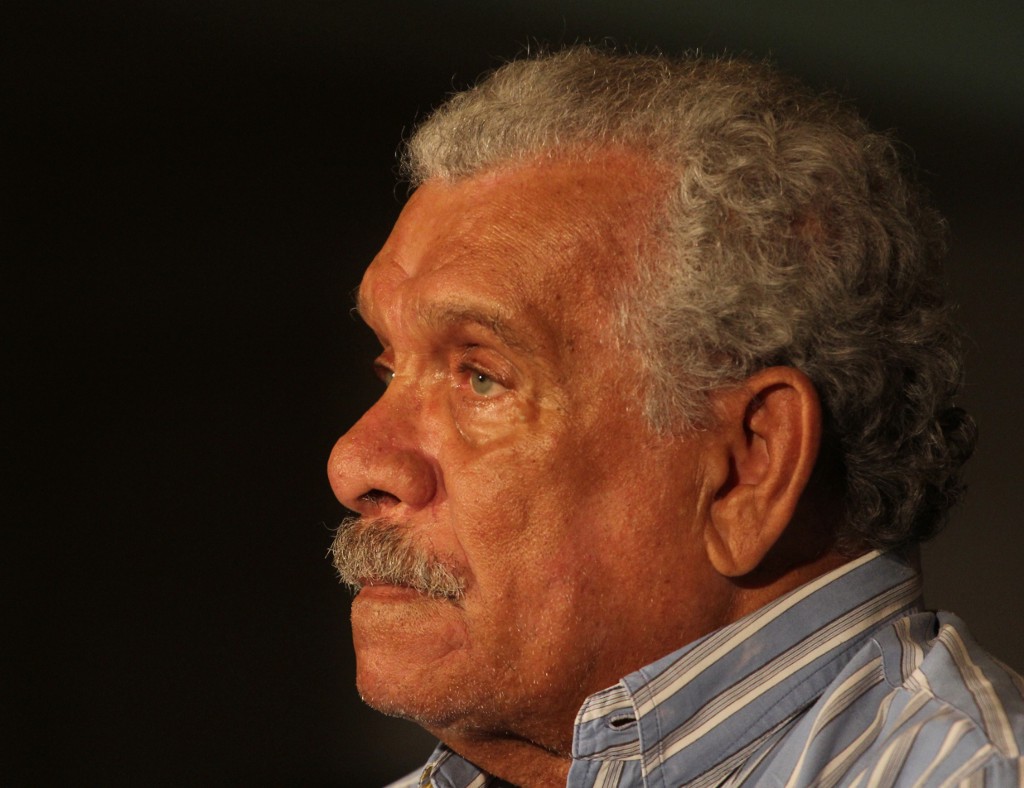Reading Lists
In Honor of the School Walkout, Here Are 8 Books About Young People Making Political Change
Novels for and about the young people who will save us

O n Wednesday, March 14, at 10 a.m., nearly one million students across the nation walked out of school to protest gun violence. Some hundreds received detention, others walked out alone, and still others broke through locked gates in defiance.
The walkout was inspired by the shooting at Marjory Stoneman Douglas High School in Florida, where seventeen students and staff were gunned down one month ago. Since then, Parkland students have been getting attention as anti-gun organizers, following in the footsteps of less-lauded young activists of color. In an inspiring moment at a rally shortly after the shooting, Marjory Stoneman Douglas senior Emma González called BS on all the “adults” in the room, who continued to frustrate or ignore efforts to prevent more school shootings. Instead of waiting on adults to act, she urged young people to get involved. Maintaining his role as Commander in Hope, Barack Obama tweeted: “Young people have helped lead all our great movements. How inspiring to see it again in so many smart, fearless students standing up for their right to be safe; marching and organizing to remake the world as it should be. We’ve been waiting for you. And we’ve got your backs.”
This week, we wanted to honor the young people who are continuing to fight for the doomed world we’ve handed them: the children walking out of class, the Parkland students, and Black Lives Matter and other young activists before them who blazed a trail. We’ve rounded up 8 books — both YA and adult fiction — about and for young people who will save the world.
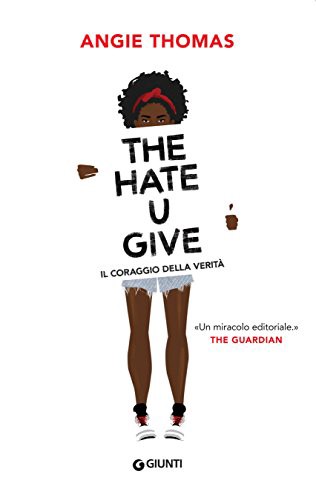
The Hate U Give by Angie Thomas
Starr Carter is sixteen years old and trying to figure out how to balance her life in the suburban, mostly-white, private school where she spends the day, and her neighborhood back home, afflicted with poverty, where her father “Big Mav” works to make the neighborhood a safer place, and her mother wants to move because it isn’t. When Starr is the witness to her best friend Khalil’s shooting by a police officer, everything falls out of balance as Starr recalibrates to a reality where her unarmed friend is transformed by newspaper headlines into a “thug” and “drug dealer.” The walls between her two worlds disintegrate as she is forced into the public spotlight, and becomes a witness for the Grand Jury in Khalil’s murder. Meanwhile, people are protesting in the streets in Khalil’s name. Protesters, local gang members, and police alike want to know what happened on the day Khalil was killed, and the only person who can answer that question is Starr. The characters and richly and intimately drawn, as Starr deals with her first long-term relationship and mean girls at school, all while trying to figure out the implications for standing up for what she believes in — for herself and her communities — and telling the story of what happened the day Khalil was killed.


The Fragile Flag by Jane Langton
The president of nine-year-old Georgie Hall’s America is thoughtless, hawkish, obsessed with glitz, and in love with praise, like absolutely nobody we can think of. He’s redesigned the American flag to be covered with sequins, and has announced a contest for children to write him letters in praise of how great it is. Oh, and he’s also building a missile capable of destroying the earth. Georgie and her family and friends — including, as it happens, the president’s grandson — decide to march from Massachusetts to D.C. in protest of the missile, carrying a tattered old non-sequined U.S. flag. Along the way they pick up new adherents, and their march enters the city as a Children’s Crusade. This is a middle-grade book, but charming and refreshing in its optimism about young people’s political power.

The Hunger Games by Suzanne Collins
In the dystopian future America of Panem, the children of poor communities are forced to fight to the death in a gruesome reality competition, for the entertainment of the rich and the anesthetization of the oppressed. (It’s a fun book for teens!) Protagonist Katniss enters the Games to spare her sister, but when the rules of the game require her to kill her friend instead, she goes off-script — and unwittingly becomes the hero of a political resistance.

Two Boys Kissing by David Levithan
It was a challenge to narrow down to just one David Levithan title on this list, because he has written so many vital books that address the power of love and identity in making political change. Based on a true story and written by the beloved author of Nick and Norah’s Infinite Playlist, The Lover’s Dictionary. After seventeen-year-olds Harry and Craig call it quits on their relationship, they partner up on a new project to beat a Guinness World Record by kissing for 32 hours straight. They’re spurred on by a Greek chorus of the generation of gay men lost to AIDS, who narrate the novel. While Harry and Craig near the record-breaking hour, they become a personal and political channel for other boys dealing with their own desire on the internet, the consequences of coming-out in public, and what it means to have feelings for another person at all. For more David Levithan on politics, power, and young people make serious change, check out Wide Awake, too. (See, I couldn’t help myself.)

Midnight’s Children by Salman Rushdie
Saleem Sinai, the protagonist of Rushdie’s novel, is exactly as old as India’s independence from Britain and partition from Pakistan: he was born at midnight on August 14, 1947. As he grows, he discovers that he and all the other Indian and Pakistani children born between midnight and 1 a.m. on that day have special powers, including the ability to communicate telepathically with each other. Saleem brings these 1,001 gifted children together in a psychic parliament, and their loves and friendships and conflicts both reflect and heal the traumas of Partition. But even with their enormous magical and political potential, are the Midnight’s Children strong enough to save the country from a monstrous prime minister?
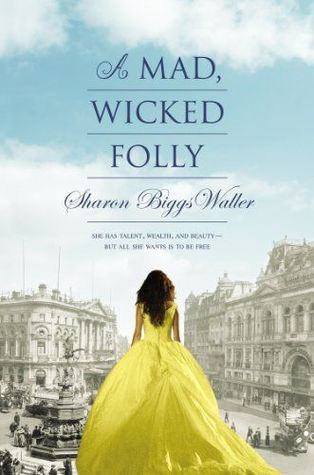
A Mad Wicked Folly by Sharon Biggs Waller
In this historical fiction, we meet another seventeen-year-old woman grappling with larger political forces limiting her personal and professional mission to go to art school and become an artist. It’s 1909 and Victoria Darling is willing to do anything to make it happen. But when posing nude for an art class gets her kicked out of boarding school, she finds herself back in London. There, she gets involved in the suffragette movement and falls in love with a working-class boy (her muse), secretly applies to art school, and tries to figure out what she is willing to sacrifice for her dreams before her parents seal her fate as a well-married woman. It’s geared towards young adults, but a compelling read for any woman who’s pissed off and has ever felt compelled to live how she wants to rather than how she is supposed to.
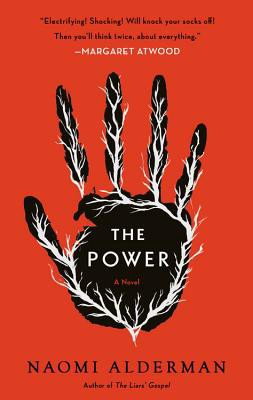
The Power by Naomi Alderman
What happens when womanhood suddenly becomes a weapon? Alderman’s novel is a nuanced and gripping exploration of that question. Its premise: teen girls across the world develop the ability to create an electrical charge with their bodies, strong enough to harm or kill a man. They teach this skill to older women, and women as a whole start to fight back in a way they never could before. One troubled teen becomes the kingpin (queenpin?) of a crime family; another becomes the head of a new religious movement made up of powerful girls. Alderman investigates the political, social, and interpersonal ramifications of this new power, both immediately and millennia into the future; it’s both thought-provoking and impossible to put down.
‘The Power’ Is the Perfect Book for the #MeToo Movement
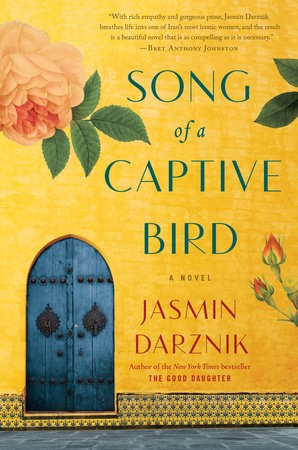
Song of a Captive Bird by Jasmin Darznik
Another critical story about a young woman choosing the life she wants to live, which is its own political act. This one is based on the life of the 1960s Iranian feminist poet Forugh Farrokhzad. In Song of a Captive Bird, young Forugh balks at the command to be a good young Persian woman — modest, quiet, meek — and instead engages in illicit conversations with young boys at cafes, swaps gossip with her sister in the garden, and writes poetry. After running away from a horrible marriage, Forugh falls deeper in love with poetry (and other men), and seeks out an independent artist’s life that creates political inspiration and outrage. It’s an homage to the indelible Iranian feminist poet and filmmaker, whose poetry and life continue to inspire women around the world.




